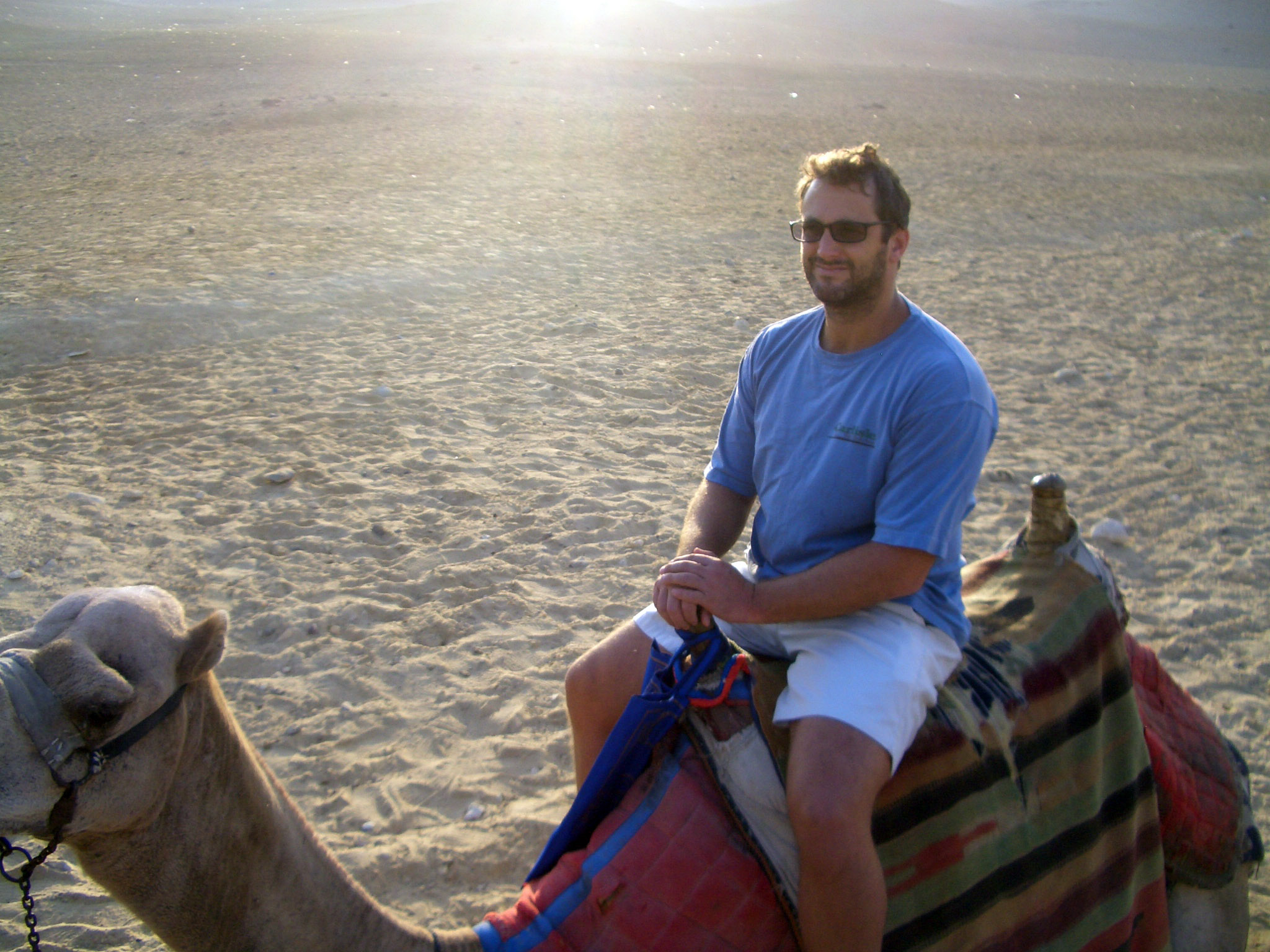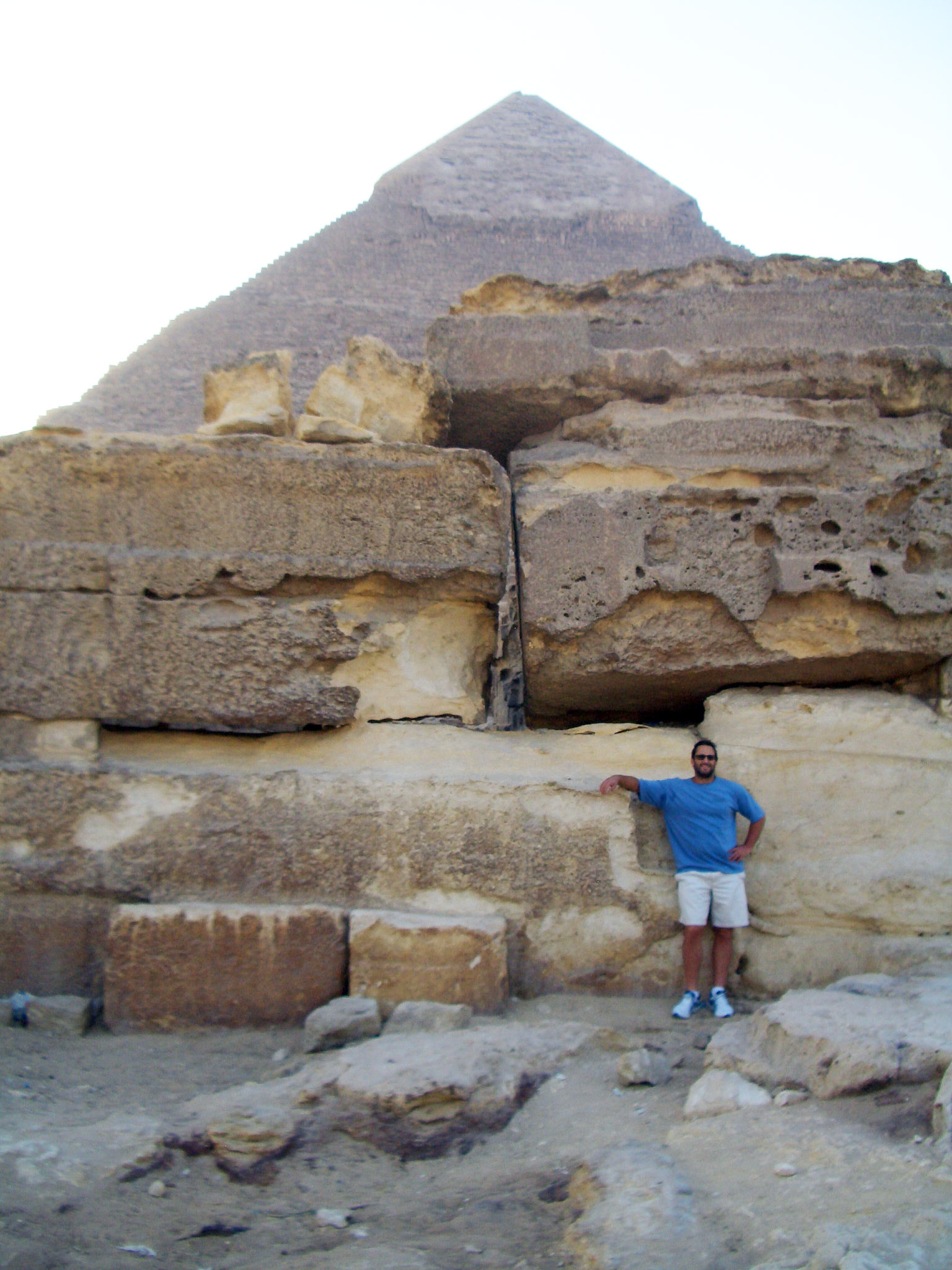“The United Nations Environment Programme (UNEP) coordinates United Nations environmental activities, assisting developing countries in implementing environmentally sound policies and practices. It was founded as a result of the United Nations Conference on the Human Environment in June 1972 and has its headquarters in Nairobi, Kenya” (source). UNEP’s mission is “To provide leadership and encourage partnership in caring for the environment by inspiring, informing, and enabling nations and peoples to improve their quality of life without compromising that of future generations. Global Environment Outlook (GEO) is a global, consultative, participatory process that builds capacity for conducting global environmental assessments and for reporting on the state and trends of the environment, future outlooks and policy options. GEO is also a product that informs environmental decision-making. It aims to facilitate the interaction between science and policy” (source).
Professor David Lopez-Carr has been appointed as a Coordinating Lead Author (CLO) at the first UNEP GEO-5 production meeting, held November 8-11 in Cairo. “The 25th session of the UNEP Governing Council… requested the Executive Director to undertake a comprehensive integrated global assessment, the fifth report in the Global Environment Outlook series, GEO-5. The GEO-5 process began with UNEP convening an Intergovernmental and Multi-stakeholder consultation on GEO-5 which agreed on the scope, objectives and process for GEO-5… The GEO-5 process began in 2010 and will culminate with the publishing of the assessment report and endorsement of its Summary for Policy Makers in 2012” (Ibid.).
David is the CLO for the “Land” section of Part 1 of the “Assessment of the State and Trends of the Global Environment” whose sub-chapters include (i) Drivers & Pressures of the Global Environment; (ii) Atmosphere; (iii) Land; (iv) Water; (v) Biodiversity; and (vi) Chemicals and Waste. Carol Hunsberger of Carleton University’s Geography Department is also a CLO for the section; lead and contributing authors include Magdi Abdelhamid (Egyptian National Research Centre), Shashi Kant (University of Toronto Department of Forestry), Jerry Melillo (Ecopsystems Center Director, Harvard University), T. Mitchell Aide (Department of Biology, University of Puerto Rico), Asmeret Berhe (UC-Merced School of Natural Sciences), Tom Evans (Indiana University, Department of Geography and Director of the Center for the Study of Institutions, Population, and Environmental Change – CIPEC), and Tahia Devisscher (Stockholm Environment Institute). Carlos Souza, former UCSB geographer and current executive secretarty of Brazil’s Instituto do Homem e Meio Ambiente da Amazônia is also a contributing author. The report will be launched as a statement on the state of the Earth’s environment from the UN member nations in prepararation for the Rio +20 World Summit of Sustainable Development to be held in Rio de Janiero in 2012.
David is the CLO for the “Land” section of Part 1 of the “Assessment of the State and Trends of the Global Environment” whose sub-chapters include (i) Drivers & Pressures of the Global Environment; (ii) Atmosphere; (iii) Land; (iv) Water; (v) Biodiversity; and (vi) Chemicals and Waste. Carol Hunsberger of Carleton University’s Geography Department is also a CLO for the section; lead and contributing authors include Magdi Abdelhamid (Egyptian National Research Centre), Shashi Kant (University of Toronto Department of Forestry), Jerry Melillo (Ecopsystems Center Director, Harvard University), T. Mitchell Aide (Department of Biology, University of Puerto Rico), Asmeret Berhe (UC-Merced School of Natural Sciences), Tom Evans (Indiana University, Department of Geography and Director of the Center for the Study of Institutions, Population, and Environmental Change – CIPEC), and Tahia Devisscher (Stockholm Environment Institute). Carlos Souza, former UCSB geographer and current executive secretarty of Brazil’s Instituto do Homem e Meio Ambiente da Amazônia is also a contributing author.




